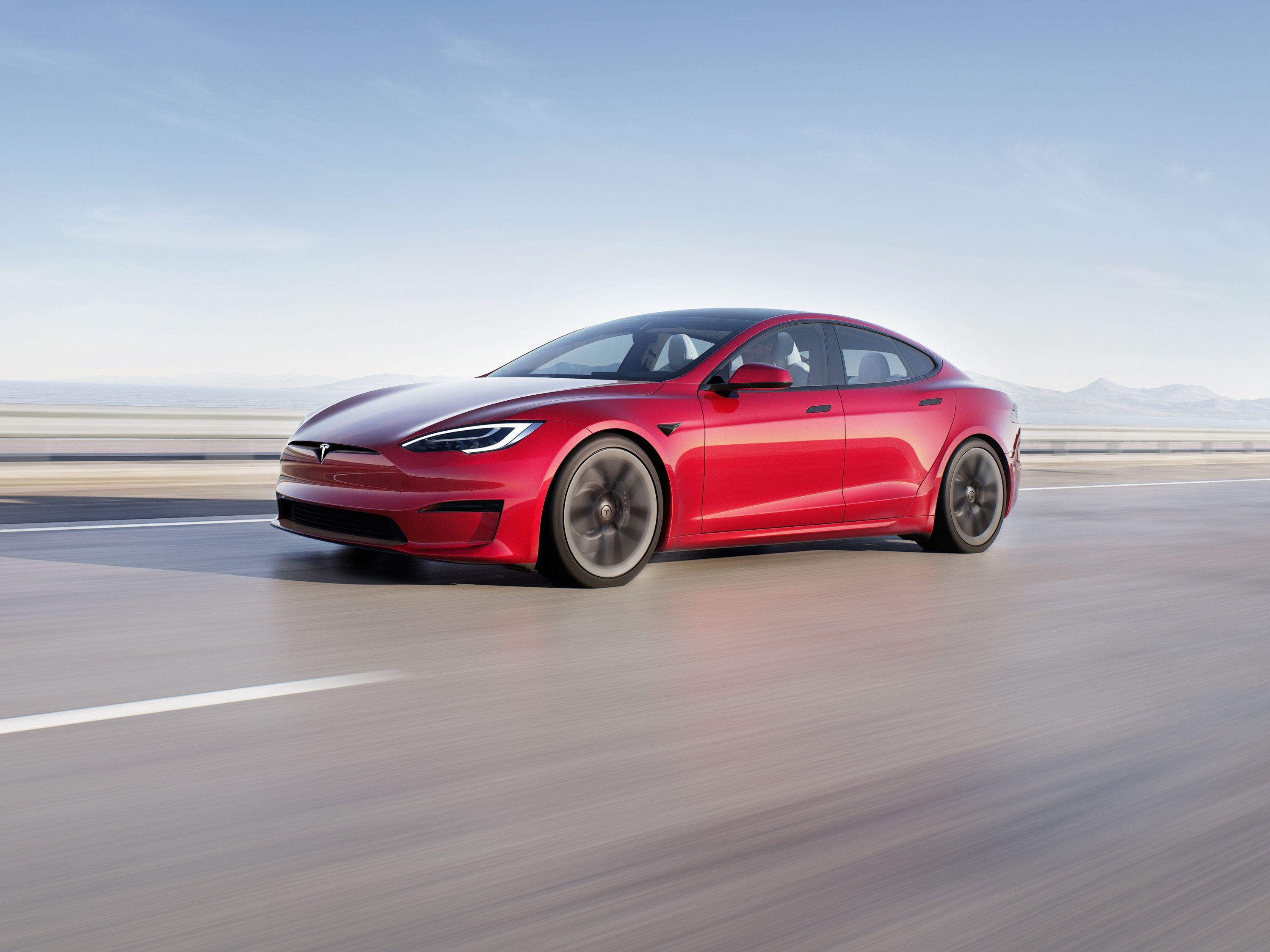
Back in September, Tesla released its Full Self-Driving Beta update, but from the get-go, it was clear that the automaker wasn't all that confident in the software since it forced early testers to sign NDAs. Naturally, many of these NDAs were ignored, but we learned about the software's failings directly from Elon Musk last month when he announced a rollback to an earlier version due to "some issues" with the update. Unfortunately for Tesla and Musk, things haven't gotten much better since then, and the EV giant has now voluntarily recalled around 11,704 vehicles after identifying that a "communication error may cause false forward-collision warning (FCW) or unexpected activation of the automatic emergency brake (AEB) system," says the NHTSA.
A number of different models have been affected, and all of them have in common that they had early access to the Full Self-Driving Beta program. On the plus side, Tesla says that it has not been made aware of any crashes or injuries as a result of the software error that was released on October 23rd. A day after the release, customers already began sending reports to Tesla, informing it that the software was faulty. This is because the new update included "a software communication disconnect" between two of the vehicle's on-board chips.
So which cars are prone to failure?
The NHTSA reports that the Model S, the Model X, and the Model 3 all have affected examples if they were made between 2017 and 2021. The Model Y is not unscathed either, but only if it was produced between 2020-2021. Fortunately, Tesla is already at work and has released a separate over-the-air update to resolve the issue, while owners will be sent letters notifying them of what the problem is and how it has been addressed.
Tesla doesn't normally issue recalls, even when it seems necessary, so this could be a sign that the automaker is feeling the heat from safety agencies that don't like the lack of regulation surrounding the brand's safety systems.
